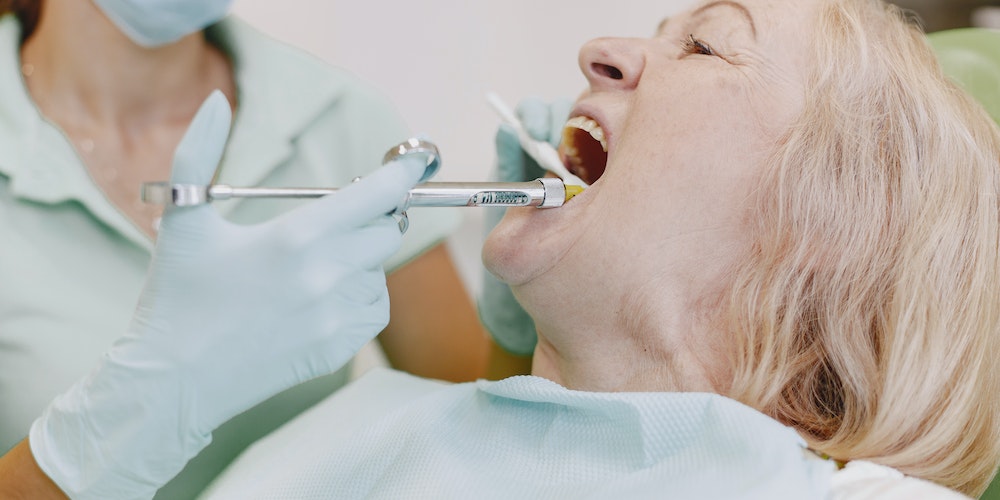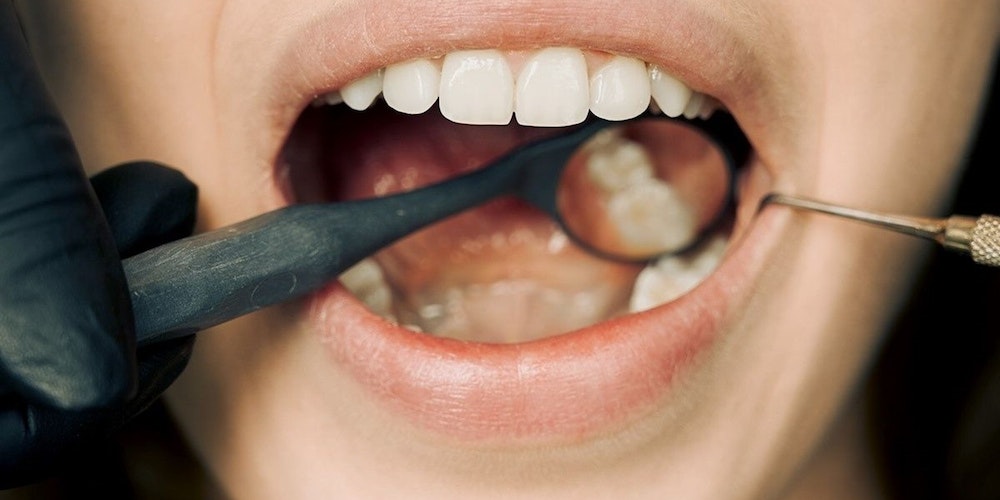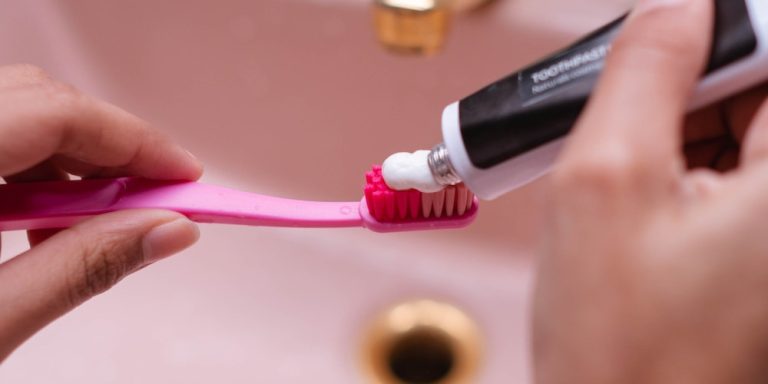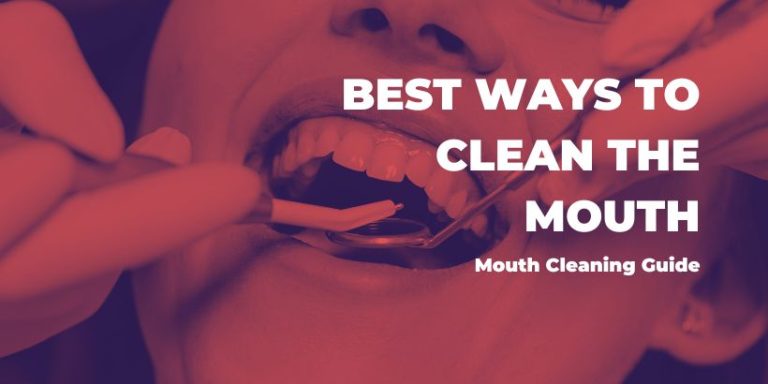In this article, we’ll talk about dental decay, its causes, prevention, and treatment. If this interests you, then keep reading.
Introduction
Dental decay, commonly known as cavities or dental caries, is one of the most prevalent oral health issues affecting people of all ages.
Understanding the causes, prevention, and treatment of dental decay is crucial for maintaining healthy teeth and gums.
In this article, we will delve deep into the world of dental decay, providing you with valuable information, expert insights, and practical tips to protect your smile.
Let’s explore the different aspects of dental decay to help you become well-informed about this prevalent oral condition.
Table of Contents
What is Dental Decay?

Dental decay is a condition that occurs when the hard outer layer of the tooth, known as enamel, is damaged due to acid produced by bacteria in the mouth.
This acid attacks the tooth, leading to the formation of cavities.
If left untreated, dental decay can progress, causing pain, sensitivity, and tooth loss.
It is essential to address dental decay promptly to prevent further complications.
Understanding the Causes of Dental Decay
Dental decay is primarily caused by poor oral hygiene practices and certain dietary habits.
The following factors contribute to the development of dental decay:
- Plaque Formation: Plaque is a sticky film of bacteria that forms on the teeth. When sugars and starches from the foods we eat come into contact with plaque, acid is produced, which erodes the enamel and leads to dental decay.
- Frequent Snacking: Regular consumption of sugary or acidic snacks and beverages throughout the day provides continuous fuel for the bacteria in the mouth, increasing the risk of dental decay.
- Lack of Fluoride: Fluoride helps strengthen the enamel and protects teeth from decay. A lack of fluoride in the diet or inadequate use of fluoride-containing dental products can make teeth more susceptible to decay.
- Poor Oral Hygiene: Inadequate brushing and flossing allow plaque to accumulate and attack the teeth, leading to dental decay.
- Dry Mouth: Saliva plays a vital role in neutralizing acids and washing away food particles. Dry mouth conditions reduce saliva flow, increasing the risk of dental decay.
Prevention: Tips to Protect Your Teeth
Preventing dental decay is achievable through good oral hygiene practices and making healthy lifestyle choices.
Follow these tips to safeguard your teeth:
- Brush Twice Daily: Brush your teeth for at least two minutes, using fluoride toothpaste. Ensure you cover all tooth surfaces, including the back molars.
- Floss Regularly: Flossing removes plaque and food particles from between teeth, which a toothbrush cannot reach effectively.
- Limit Sugary and Acidic Foods: Minimize the consumption of sugary snacks, candies, and acidic beverages. If you indulge in them, do so during mealtimes to reduce acid exposure.
- Use Fluoride Products: Use fluoride toothpaste and mouthwash to strengthen your teeth and protect them from decay.
- Visit Your Dentist: Regular dental check-ups and cleanings are essential for identifying early signs of decay and preventing its progression.
Dental Decay Treatment Options
If dental decay is detected, timely treatment is crucial to prevent further damage to the tooth.
The treatment options for dental decay include:
- Dental Fillings: For small to moderate cavities, your dentist may recommend dental fillings. These fillings are made of composite resin, amalgam, or porcelain, restoring the damaged tooth to its original function and appearance.
- Dental Crowns: When dental decay has advanced, and a significant portion of the tooth is affected, a dental crown may be necessary. Crowns are custom-made caps that cover the entire tooth, providing strength and protection.
- Root Canal Therapy: If dental decay has reached the tooth’s pulp, causing infection and severe pain, a root canal treatment may be required to remove the infected tissue and save the tooth.
- Tooth Extraction: In cases of severe decay and irreparable damage, tooth extraction may be the only viable option. Your dentist will recommend tooth replacement options such as dental implants or bridges.
The Impact of Dental Decay on Oral Health
Dental decay is a prevalent oral health issue that can have significant consequences if left unaddressed.
Let’s delve deeper into the impact of dental decay on oral health:
- Tooth Sensitivity: As dental decay progresses, the protective enamel erodes, leading to increased tooth sensitivity. You may experience discomfort or pain when consuming hot, cold, sweet, or acidic foods and beverages.
- Cavity Formation: The primary consequence of dental decay is the formation of cavities, which are small holes or openings in the tooth structure. Cavities can vary in size and severity, and if untreated, they can grow larger and affect deeper layers of the tooth.
- Toothache and Discomfort: As cavities expand and reach the tooth’s inner layers, they can cause persistent toothaches and discomfort. This can interfere with daily activities and affect your overall quality of life.
- Tooth Discoloration: Dental decay can lead to tooth discoloration, causing dark spots or stains on the affected teeth. This can be a cosmetic concern for many individuals, impacting their confidence in their smile.
- Bad Breath: Bacteria associated with dental decay produce foul-smelling gases, leading to chronic bad breath or halitosis. Proper oral hygiene and dental treatment can help alleviate this issue.
- Gum Disease: Severe dental decay can lead to gum disease, as bacteria from cavities can spread to the gums, causing inflammation and infection.
- Tooth Loss: If dental decay is left untreated, it can progress to the point where the tooth structure is compromised beyond repair. In such cases, tooth extraction may be necessary to prevent the spread of infection to neighboring teeth.
Dental Decay in Children: A Growing Concern

Dental decay in children is a significant concern, as it can impact their overall oral health and development.
- Early Childhood Caries (ECC): ECC, also known as baby bottle tooth decay, is a type of dental decay that affects infants and young children. It is often caused by prolonged exposure to sugary liquids in baby bottles or sippy cups.
- Preventing ECC: To prevent ECC, parents should avoid putting children to bed with bottles filled with sugary liquids, encourage regular brushing, and schedule the child’s first dental visit by their first birthday.
- Fluoride Varnish: Dentists may apply fluoride varnish to children’s teeth to strengthen the enamel and protect against dental decay.
- Sealants: Dental sealants are thin, protective coatings applied to the chewing surfaces of molars to prevent decay in the deep grooves and fissures.
- Promoting Oral Hygiene: Parents and caregivers play a crucial role in promoting good oral hygiene habits in children, including brushing, flossing, and limiting sugary snacks.
Dental Decay: Common Myths and Misconceptions
There are several myths and misconceptions surrounding dental decay.
Let’s debunk some of the most common ones:
- Myth: Sugar is the Sole Cause of Dental Decay. While sugar is a significant contributing factor, dental decay is caused by a combination of factors, including poor oral hygiene, bacteria in the mouth, and acidic foods.
- Myth: Dental Decay Only Affects Children. Dental decay can affect people of all ages, from young children to older adults. It is essential for everyone to maintain good oral hygiene and regular dental check-ups.
- Myth: Dental Decay is Always Painful. In the early stages, dental decay may not cause noticeable pain or discomfort. Regular dental check-ups are crucial for detecting decay early and preventing complications.
- Myth: Fillings Last a Lifetime. Dental fillings have a lifespan and may need to be replaced over time due to wear or decay around the filling.
- Myth: Natural Remedies Can Cure Dental Decay. While some natural remedies may promote oral health, dental decay cannot be cured naturally once a cavity has formed. Professional dental treatment is necessary to address decay effectively.
Dental Decay and Systemic Health: Understanding the Connection
Emerging research suggests a potential link between dental decay and certain systemic health conditions:
- Heart Disease: Some studies have found associations between poor oral health, including dental decay, and an increased risk of heart disease. Chronic inflammation caused by gum disease and oral infections may contribute to cardiovascular issues.
- Diabetes: Individuals with diabetes may be more susceptible to dental decay due to high blood sugar levels promoting bacterial growth in the mouth. Conversely, poor oral health may also impact blood sugar control in diabetic patients.
- Respiratory Infections: Bacteria from dental decay and gum disease can be inhaled into the respiratory tract, potentially contributing to respiratory infections, particularly in vulnerable populations.
- Pregnancy Complications: Pregnant individuals with poor oral health, including untreated dental decay, may be at a higher risk of pregnancy complications such as preterm birth and low birth weight.
While these connections require further investigation, maintaining good oral hygiene and seeking dental care can contribute to overall health and well-being.
Conclusion
In conclusion, dental decay is a common oral health challenge that can have significant consequences if not addressed promptly. By understanding the causes, prevention strategies, and available treatment options, individuals can take proactive steps to protect their teeth and maintain optimal oral health.
Remember, regular dental check-ups, daily oral hygiene practices, and a balanced diet are the cornerstones of preventing dental decay. Embrace good oral habits and be proactive in seeking professional dental care to enjoy a healthy smile that lasts a lifetime.
Frequently Asked Questions
Q: What are the early signs of dental decay?
A: Early signs of dental decay include tooth sensitivity, mild toothaches, and visible white spots on the tooth surface.
Q: Can dental decay be reversed naturally?
A: In its early stages, dental decay can be arrested and reversed through excellent oral hygiene and a diet low in sugars and acids. However, once a cavity forms, it cannot be reversed naturally and requires professional treatment.
Q: Are dental X-rays necessary to detect dental decay?
A: Yes, dental X-rays are essential for detecting dental decay in its early stages, especially in areas not visible during a routine dental examination.
Q: How can I prevent dental decay in my children?
A: Encourage your children to brush their teeth twice a day, limit sugary snacks and drinks, and schedule regular dental check-ups to prevent dental decay.
Q: Is dental decay contagious?
A: Dental decay itself is not contagious, but the bacteria that cause decay can be transmitted through saliva, so avoid sharing utensils or toothbrushes with someone who has active dental decay.
Q: Can dental decay lead to other health problems?
A: Dental decay can lead to complications like tooth infections, abscesses, and gum disease. Additionally, poor oral health has been linked to various systemic health issues, including heart disease and diabetes.




